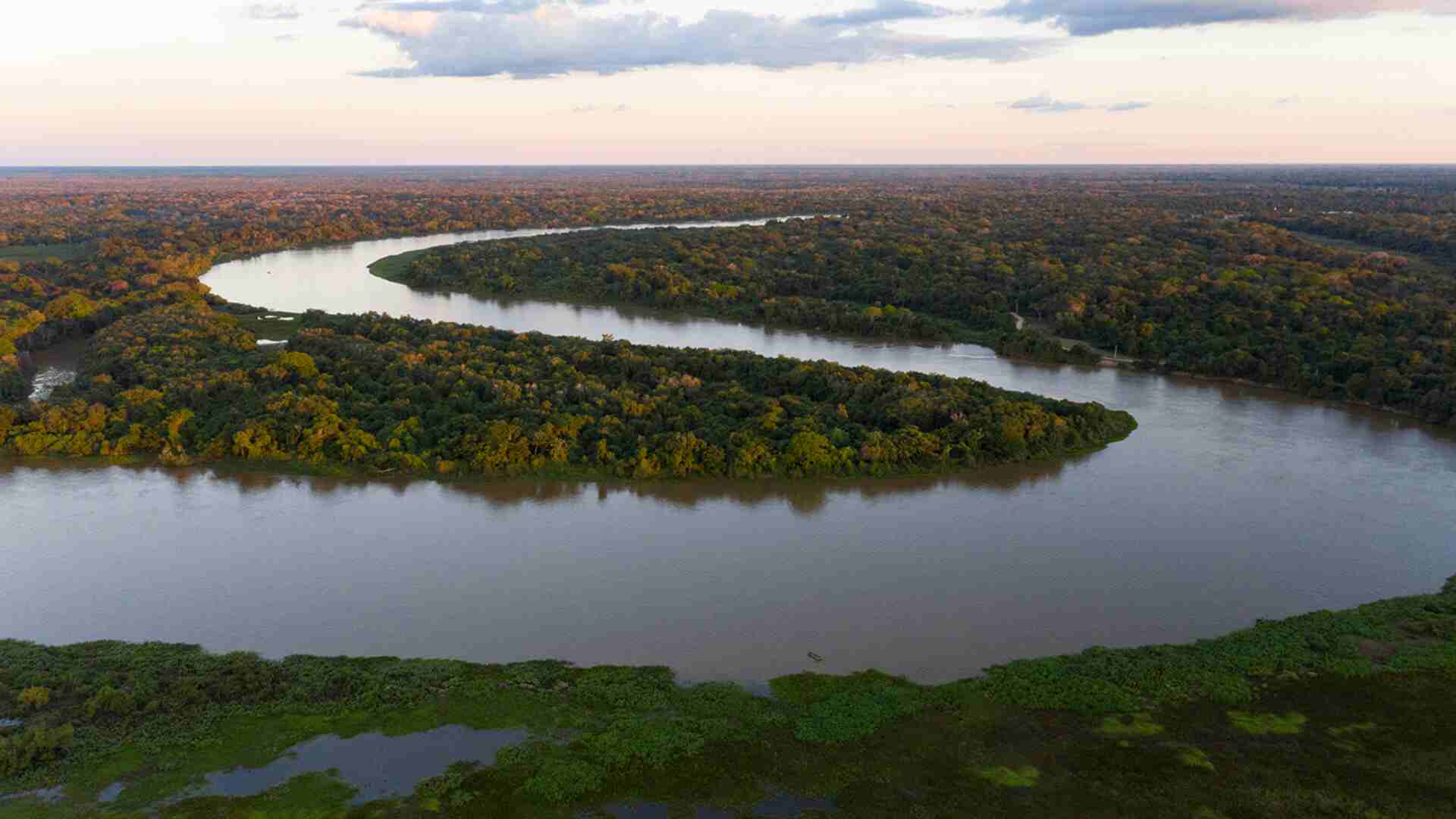Scientists are raising alarms about a proposed commercial waterway that could devastate the world’s largest wetland, the Pantanal, spanning Brazil, Bolivia, and Paraguay. The Pantanal, a biodiversity hotspot nearly half the size of Germany, is under threat from plans to develop the upper 435 miles of the Paraguay River into a major transport route, as well as from expanding industrial farming and increasingly intense wildfires.
Forty scientists, including Prof. Karl M. Wantzen, an ecologist from the University of Tours and Unesco chair for river culture, warn that the waterway could lead to the loss of the Pantanal’s unique ecosystem. “The wetland is a real paradise on Earth,” Wantzen said. “Nowhere else will you see so many hyacinth macaws, jaguars, swamp deer, anacondas, caymans, more than 300 fish species, 500 bird species, 2,500 species of water plants … All of that is at risk.”
The proposed Paraguay-Paraná waterway would involve extensive dredging, riverbank stabilization, and port construction, potentially reducing the Pantanal’s floodplain and making it more prone to destructive wildfires. “If the hidrovia project goes ahead… it will probably mean the end of the Pantanal as we know it,” warned Pierre Girard from the Federal University of Mato Grosso and Pantanal Research Center.
In 2024, the Pantanal experienced its worst fires on record, with nearly 1.5 million hectares burning across the Brazilian region by early August. Since 1985, the wetland has lost about 80% of its surface water, making it highly susceptible to further degradation. The scientists’ concerns were detailed in a paper published in the journal Science of the Total Environment, where they argued against expanding the waterway into the wetlands.
The Pantanal is also home to Indigenous communities whose way of life could be severely impacted by the proposed development. The researchers suggested that railways would be a less disruptive and more sustainable option for transporting goods like soybeans, sugar, corn, and minerals from Brazil, Paraguay, and Bolivia to coastal seaports.
Despite the strong warnings from the scientific community, the Brazilian Ministry for Ports and Airports dismissed the concerns, stating that the paper was based on “opinions” without solid scientific evidence.
Mario Friedlander, who works in wildlife tourism and photography in Mato Grosso, echoed the scientists’ fears, saying, “Humanity is crazy, destroying everything it can and at high speed… The operation of the waterway in the Pantanal is yet another serious attack against a place that is powerful in nature, but completely unprotected.”
With the future of the Pantanal hanging in the balance, the international community faces a critical decision on whether to prioritize economic development or preserve one of the planet’s most extraordinary natural environments.
















